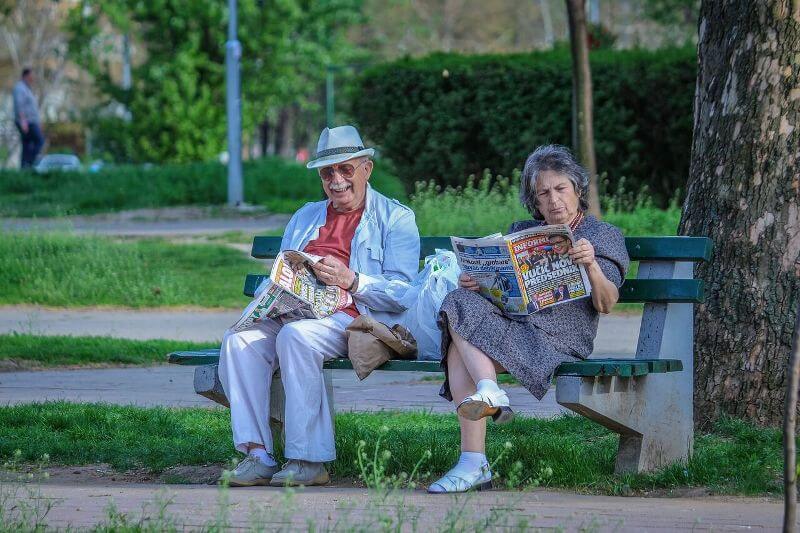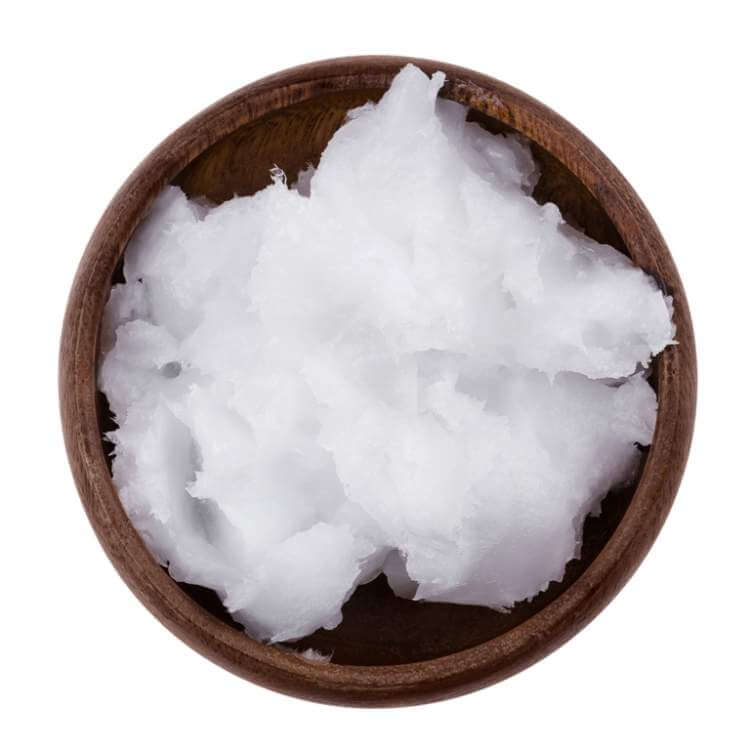Getting old is not the end of the world. In fact, if you reach old age you can feel proud about it because not many people can live too long with all these modern-age unhealthy habits. The trick is reaching a certain age without too many complications or conditions that are not normally associated with old age. Because let’s face it: you can reach a very advanced age without being sick all the time or without the need of special treatments for supporting your chosen lifestyle.
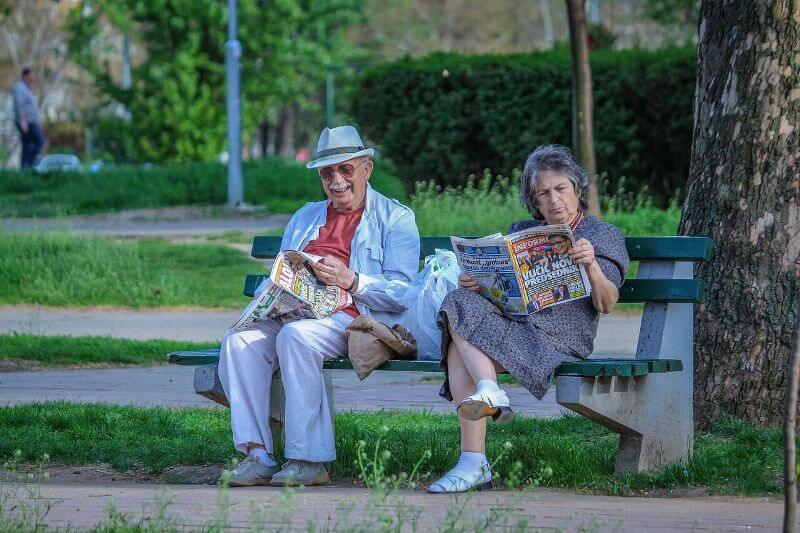
Aging is the consequence of the accumulation of a wide variety of molecular and cellular damage over time, leading to a gradual decline in physical and mental capacities, an increased risk of disease and ultimately death.
There are, however, some key recommendations for an older adult to maintain their quality of life in good conditions.
Each of these pillars is related to each other and contributes to the physical and emotional well-being of the elderly person. To be actively aging is advisable to focus on these pillars: controlling risk factors for diseases (mainly cardiovascular and cancer); maintaining physical activity; maintaining mental activity; maintain socially participatory; care and balance the diet, and take care of our emotional health.
All these factors are intimately related to each other and, in many cases, are the fruit of each other. Therefore, we could sum up in maintaining healthy habits of physical, social and mental life.
1. Exercise with regularity
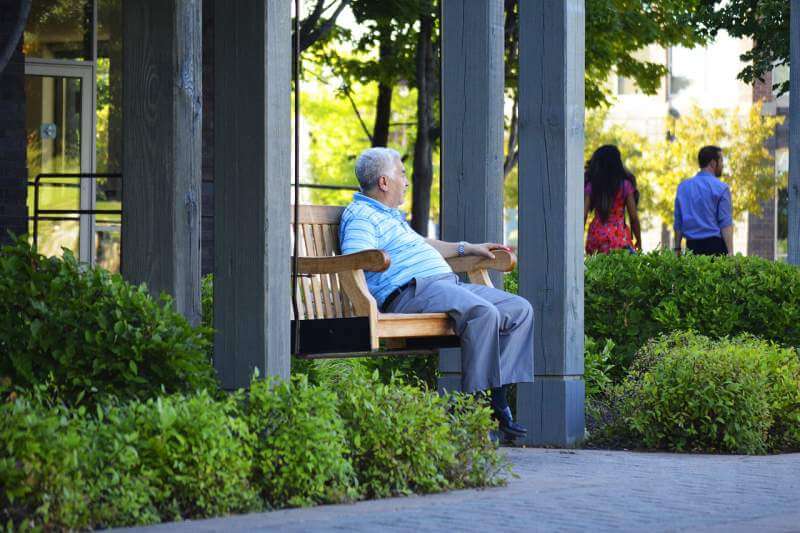
It’s not a secret that when age strikes, your bones start to thin and become more fragile, your body, in general, is weaker than before, and it will need special attention to stay healthy and strengthen it. When we talk about exercise, we don’t mean going to the gym at age 90, in fact, doing more than you can can prove to be counterproductive in the long run, even when you were younger. An active although controlled lifestyle is the more often recommended thing to do. For example, walking can benefit your lifestyle greatly because is an easy way of exercising and is a practical one. You can walk to the grocery store or do it regularly as a part of a daily routine. The important thing is that you are not at home all day and that you don’t become exhausted every day because of it. Walking will stimulate your cardiovascular system and make the rest of your body stronger, even if you don’t walk long distances every day.
2. Be socially active
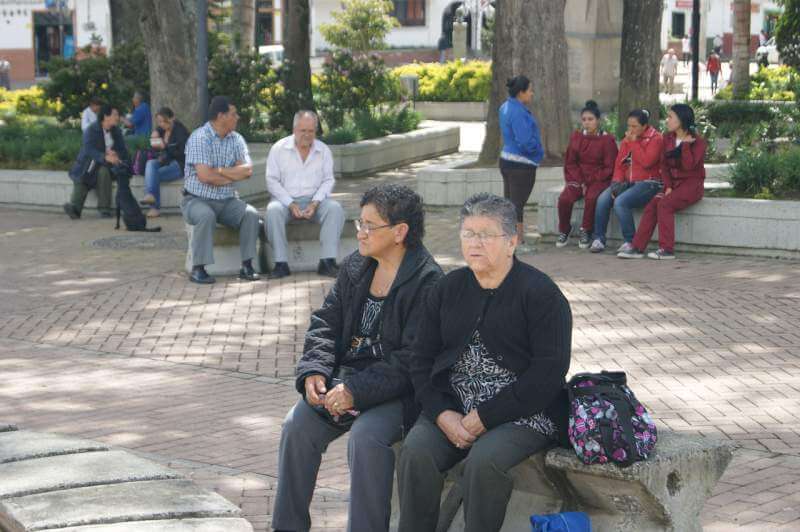
Being socially active is often neglected but is very important to one’s mental health.
3. Regularly check-up with your doctor
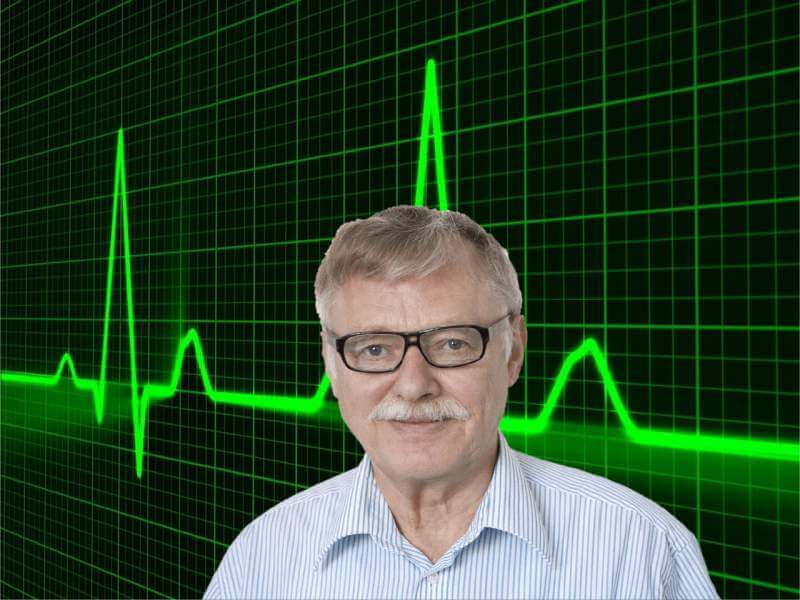
People in general often neglect their health and even avoid going to the doctor because they don’t feel comfortable talking about their health. But when you are older, this is highly recommended, because doing this you can discover serious illness or conditions faster than if you only depended on what you feel and how your body feels.
4.Don’t smoke
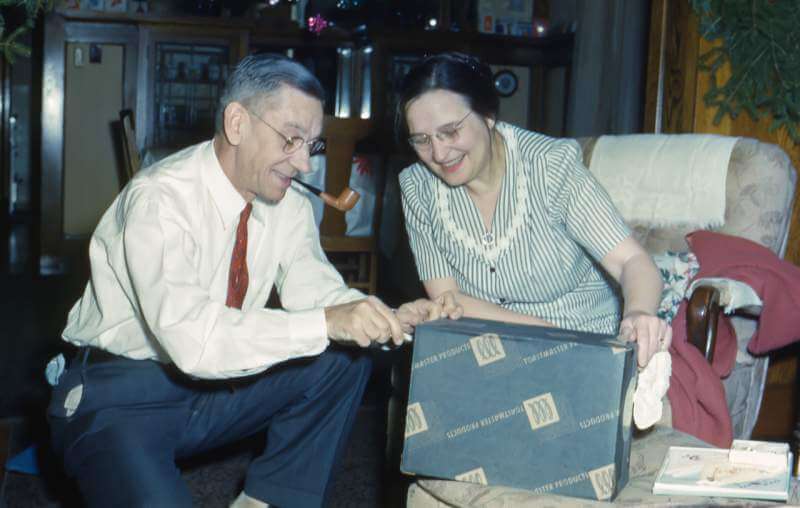
Smoking is associated with many different types of cancer and people are now trying to use tobacco e-juice and electronic cigarettes to stop smoke from hurting them. Premature aging is another consequence of smoking. Premature aging of the face in smokers is observed, above all, in the lower two-thirds of the face. Fundamentally, scientists identified more bags under the lower eyelids in smokers, as well as more pronounced nasolabial folds (lines that connect the nose and mouth), increased wrinkles on the lips and drooping cheeks.
Ex-smokers, on the other hand, did not seem to have an increased risk of frailty, regardless of whether they had quit smoking 10 or more years ago. However, when their health status was taken into account, they saw that patients who had the chronic obstructive pulmonary disease (COPD) had more balance problems, muscle weakness, less bone mass, and falls.
5. Avoid accidents
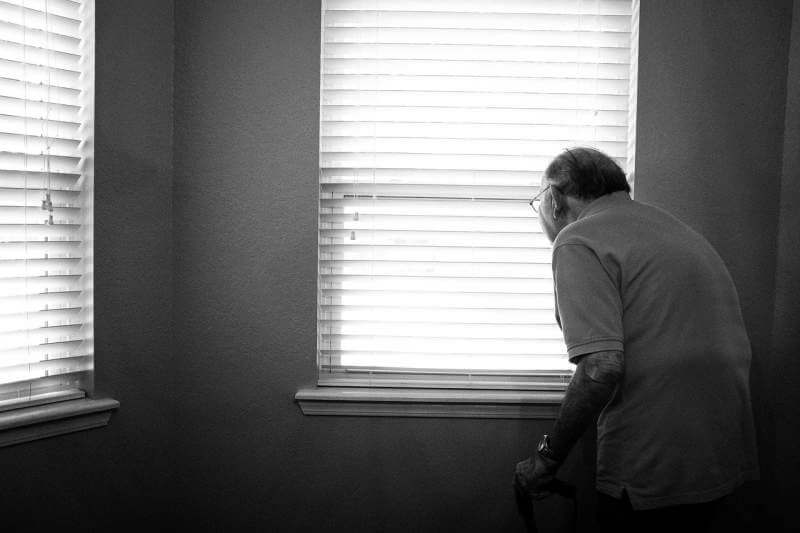
Do not use chairs to reach objects, lean on the handrail, avoid excessive wax on floors, avoid paths that slip when walking on them, place in the shower or tub, rubber mats; do not leave small objects on the floor, wear comfortable, low-heeled shoes with rubber soles.
6.Avoid noise that hinders communication

Avoid shouting, loud music; do not use unformulated drops or oils, if you notice a sudden loss of hearing acuity or discomfort, see your doctor.
7.Do not self-medicate
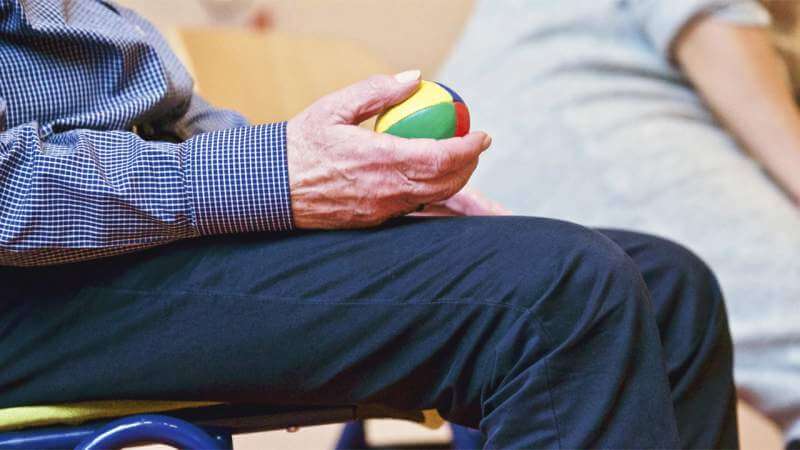
It is proven that older adults take three times more medication than younger people and that older people who take between 2 to 6 drugs at least three are self-medicated. As polypharmacy is a health risk not only due to interactions between drugs and potential organ damage, but also a source of economic impoverishment and deterioration in our health, which may even lead to hospitalization or precipitate the loss of our autonomy and a possible institutionalization.
Therefore it is recommended not to self-medicate and always ask your doctor. Ask your doctor to explain how to take them and comply with the indications about the doses and the period of drug intake.
8. Relationship
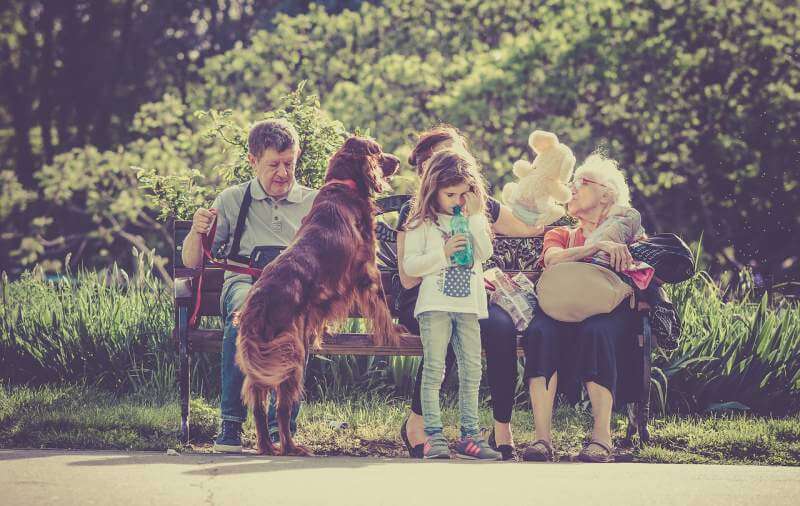
Family relationships are generally a source of satisfaction. Although the three generations do not coexist in the current family, the affective bonds are preserved, while at the same time allows greater autonomy for its members. To emphasize, on the one hand, the recognition and mutual support of children and grandchildren, which reminds us that generational succession is one of the nuclei of human relationships and, on the other, the relationship of couple that charges in old age a special relevance to the be a mutual source of support, affection, and company.
The recommendation is to avoid the consumption of processed foods, sodium consumption, try to avoid being overweight and obesity, which today we know is a big problem, socially speaking and also for Public Health because it causes the development of diseases such as diabetes. Remember that family ties are also important in the health of seniors and quiet environments are ideal to rest properly to continue sharing with them for a longer time

